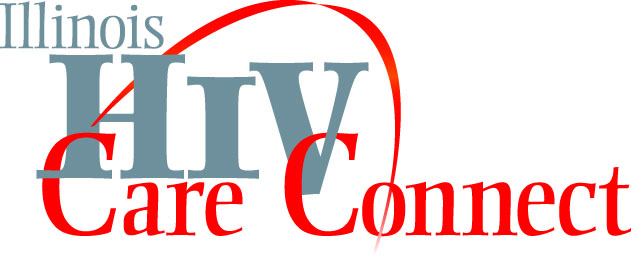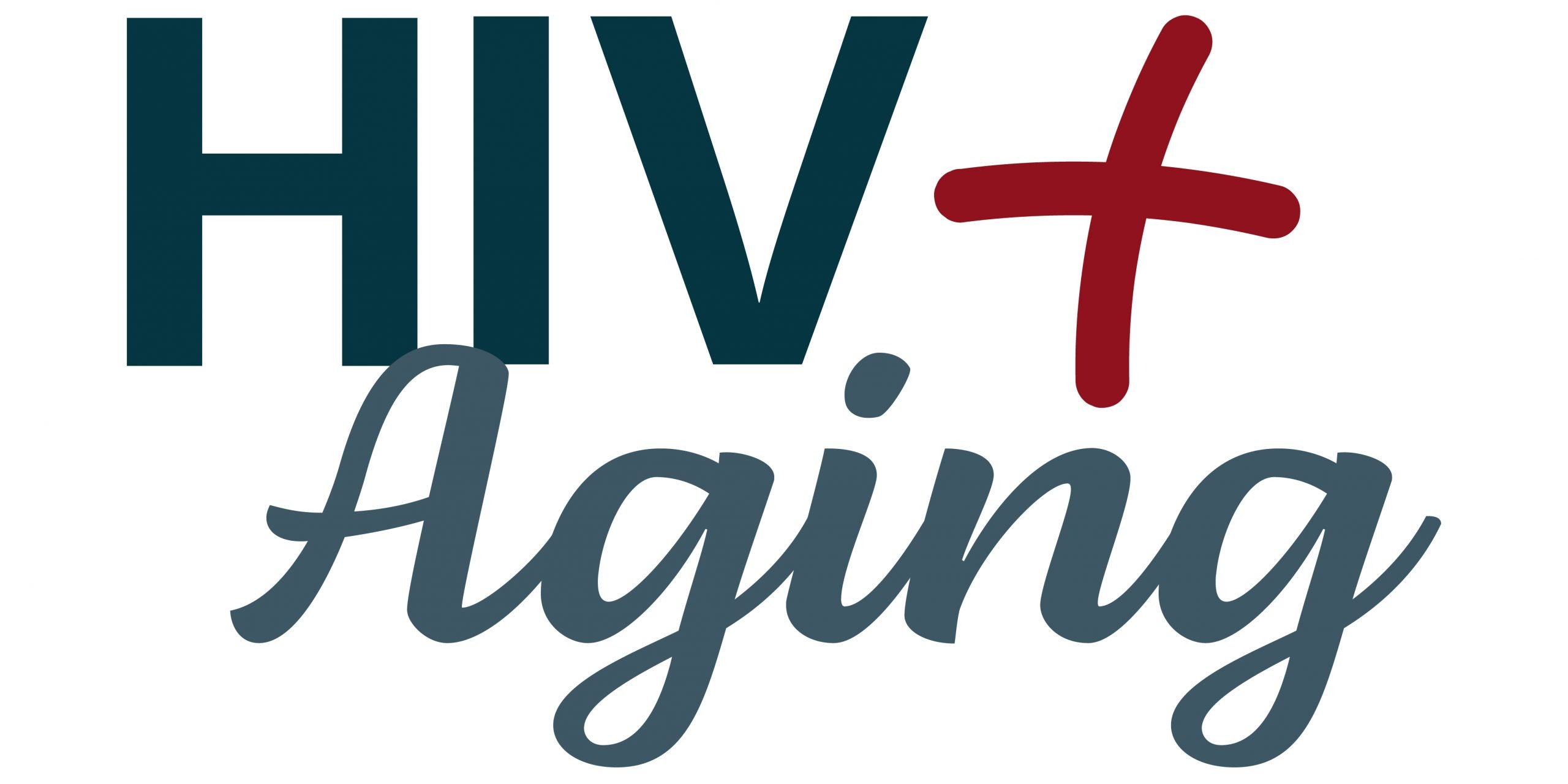The Project of the Quad Cities (The Project), based in Moline, Illinois, spans two states and serves persons living with or at risk for HIV and hepatitis C (HCV). Focused primarily on the LGBTQ+ community, The Project’s integrated care teams coordinate medical, mental health and social services at various settings within the Quad Cities area.
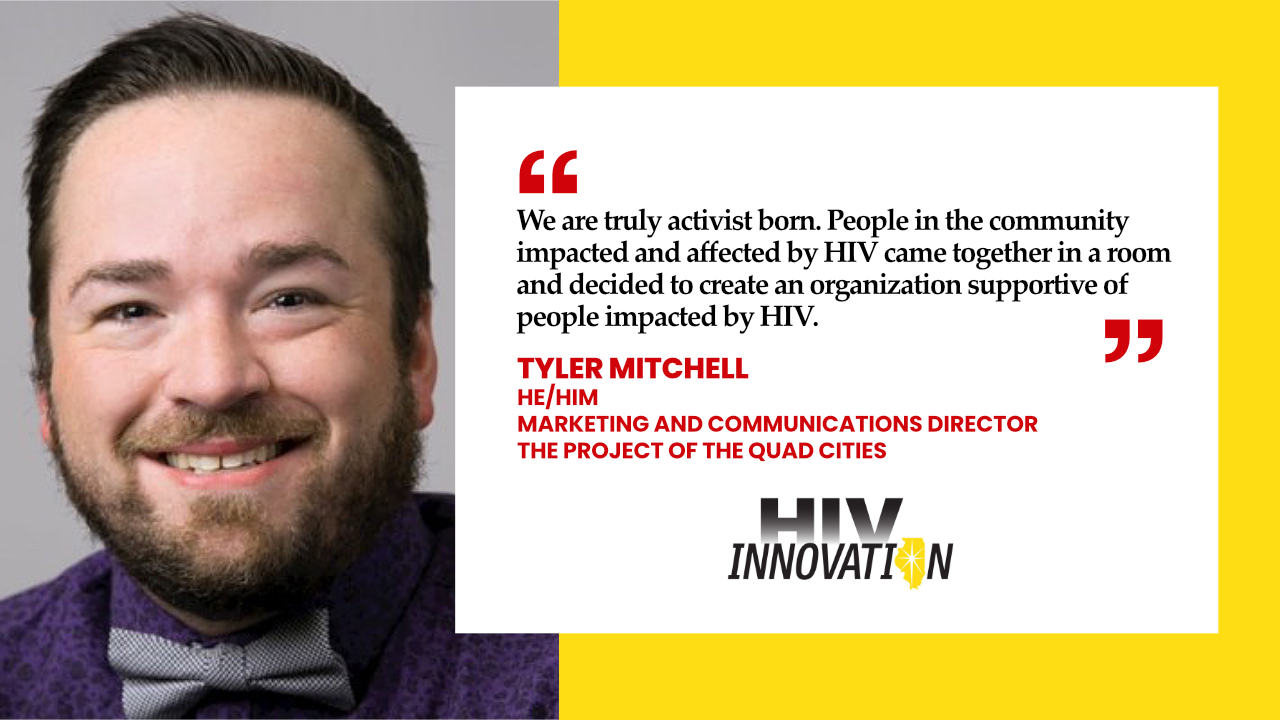
Three staff members at The Project shared their insights on three points of distinction they identified as innovative for this nonprofit organization that opened its doors in 1986 in response to the HIV/AIDS epidemic then raging across the United States.
“We are truly activist born,” said Tyler Mitchell, marketing and communications director for The Project. “People in the community impacted and affected by HIV came together in a room and decided to create an organization supportive of people impacted by HIV.”
Now, 35 years later, The Project’s service area includes nine Iowa and 11 Illinois counties with concentration in the most populous areas of Scott (Iowa) and Rock Island (Illinois) counties along the Mississippi River. The region includes Rock Island, Moline and East Moline, Illinois, and Davenport and Bettendorf, Iowa.
1. Staff diversity reflects the HIV community served
The diversity of the 41 staff members is relevant because 72% of The Project’s staff identify as a member of the community or population the organization serves, which is 68% LGBTQ+.
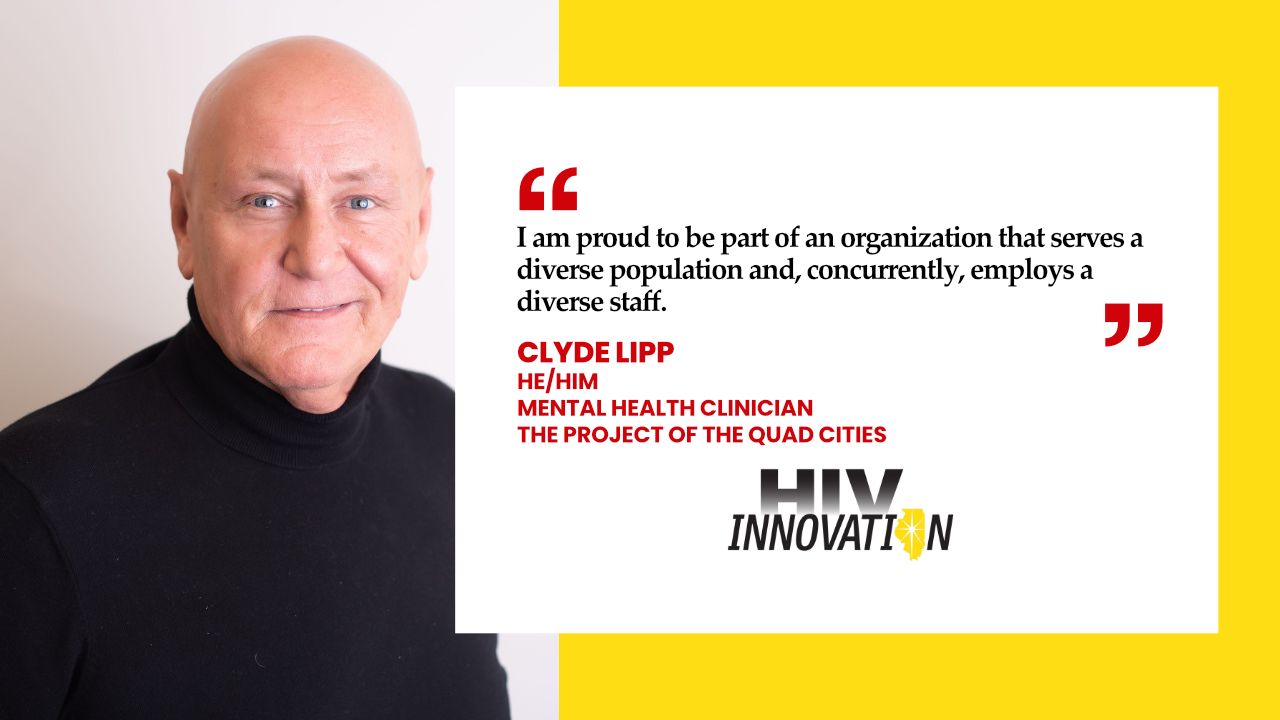
Among the 600 clients who are living with HIV, The Project’s demographic data identifies 53% as White, 43% as Black/African American, 18% as Latinx/Hispanic, 3% as multi-racial, and 1% as Asian or Pacific Islander. In addition, 70% of the clients are men, 23% women, and 7% transgender or nonbinary; 28% are persons who inject drugs or have in the past.
“I am proud to be part of an organization that serves a diverse population and, concurrently, employs a diverse staff,” said Clyde Lipp, one of two mental health clinicians on staff.
2. New staff and services extend continuum of care
New staff for addictions counseling: In January 2022, Autumn Gonzales, a licensed and certified addictions counselor, joined the staff to expand mental health services and provide ongoing sensitivity to the needs of the HIV and LGBTQ+ populations in the area. Trauma, depression, addiction and anxiety are among the mental health issues Lipp typically sees in his clients.
“Among our 130 addictions counseling clients, 20% of them live with HIV; half of that population are LGBTQ+ or have issues of domestic violence or trauma in their past. While we try to meet the needs of this population, we hope that by introducing these services earlier in their health care journey, we reduce their risk for transmitting HIV,” said Lipp.
While about 75% of clients prefer in-person counseling, they have three options for mental health services. They are in-person with COVID-19 safety precautions in place; video discussion using a third-party, secure service provider; or an audio phone call.
Counseling for hormone therapy services: The Project now offers the necessary counseling for hormone therapy and plans to add the pharmaceutical therapy itself in 2022, making these services more convenient. Quad Cities residents now must travel more than one hour to access these services in Iowa City or Chicago.
“We partner with Two Rivers Pharmacy for our on-site pharmacy attached to the clinic; this collaboration gives our clients integrated medical care in one location,” said Mitchell. With this setup, “folks can see their counselor, visit with Audrey Housman, our staff nurse practitioner, and then walk down the hall to access their needed medication at our pharmacy.”
3. Peer navigation improves care
A peer navigator is someone with lived experience who navigates clients through services, and Lee Gonzales is that person for The Project. He lives with HIV, receives his medical care through The Project as a decade-long client, and joined the staff when offered the position as peer navigator.
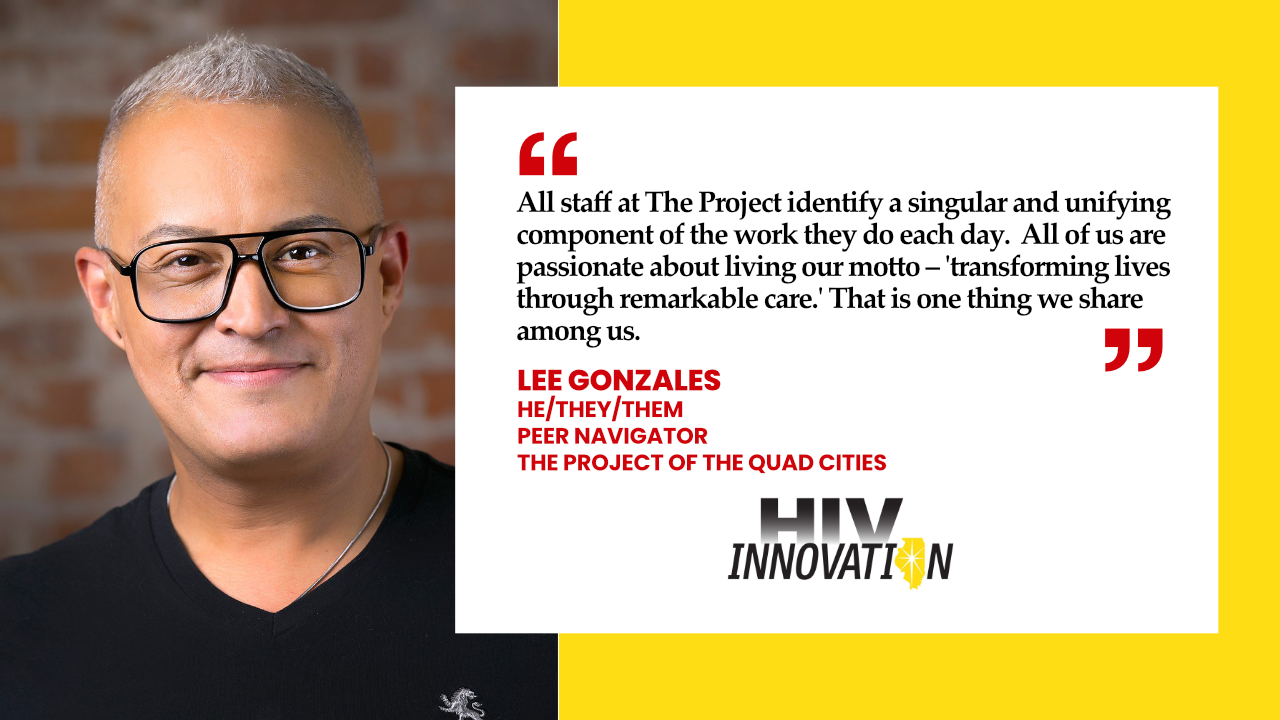
Gonzales leads Ending Stigma through Collaboration And Lifting All To Empowerment, the ESCALATE program, introduced by NMAC, a nonprofit HIV and racial justice organization, and funded by a cooperative agreement with the Health Resources and Service Administration.
“What we’re working on right now is to remove the stigma not only from the LGBTQ+ community, but from heterosexuals, as well,” Gonzales said. “They also face the same stigma as the LGBTQ+ community, maybe even more so because it’s automatically assumed they contract HIV through homosexual contact. That’s not always the case.”
Breaking that barrier of stigma between gay and heterosexual communities takes time and education. As he explains, “HIV is not a gay disease anymore; it affects everyone.”
Gonzales spends much of his time in the Quad Cities community providing mobile testing for HIV and hepatitis C, especially for individuals experiencing homelessness in Davenport. He has the knowledge and skills to provide valuable interactions with clients, a contribution lauded by his colleagues Lipp and Mitchell.
The Project of the Quad Cities transforms lives through remarkable care
With staff diversity, a continuum of care and peer navigation as three innovations in care and service at The Project, these three staff members all identified a singular and unifying component of the work they do each day. Gonzales summarized that philosophy: “All of us are passionate about living our motto – “transforming lives through remarkable care” – at The Project of the Quad Cities. That is one thing we share among us.”
